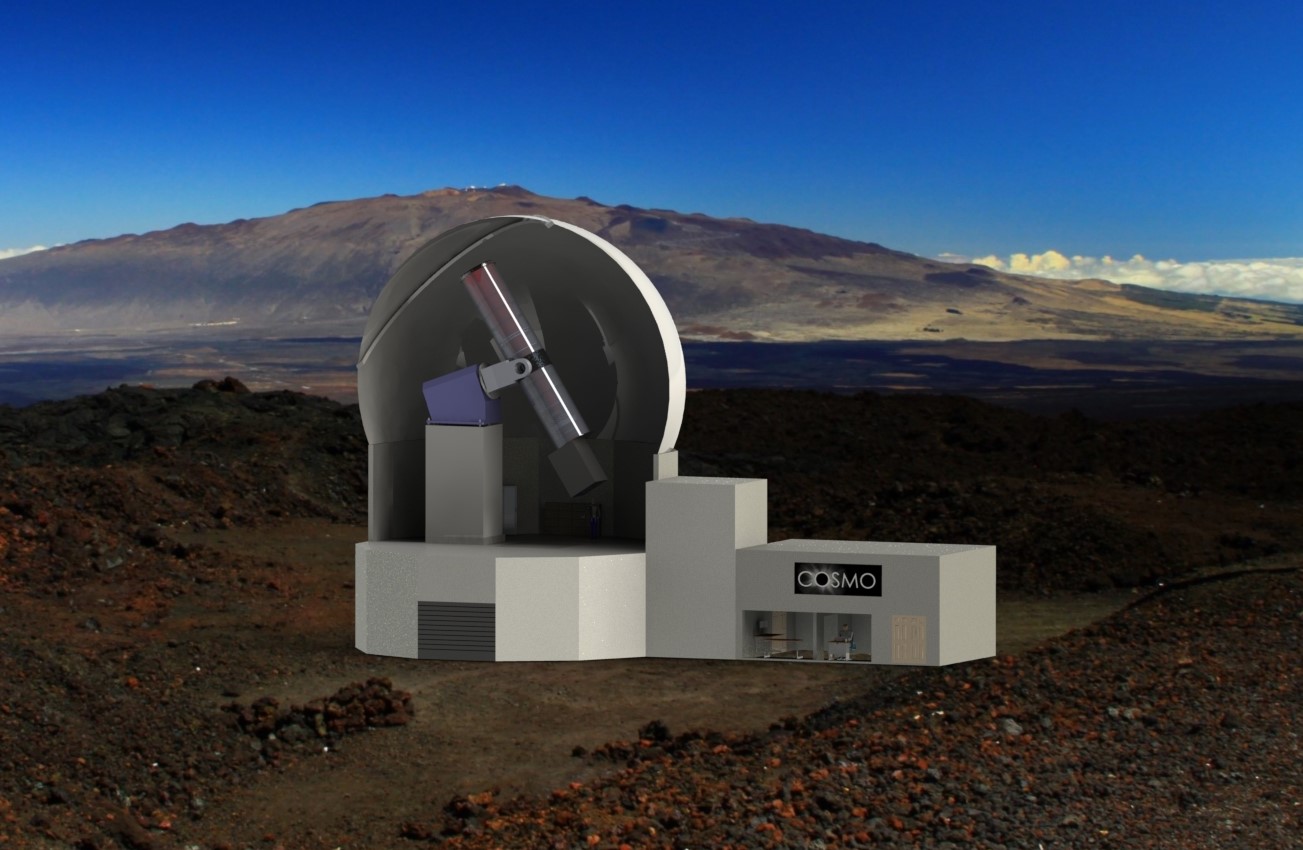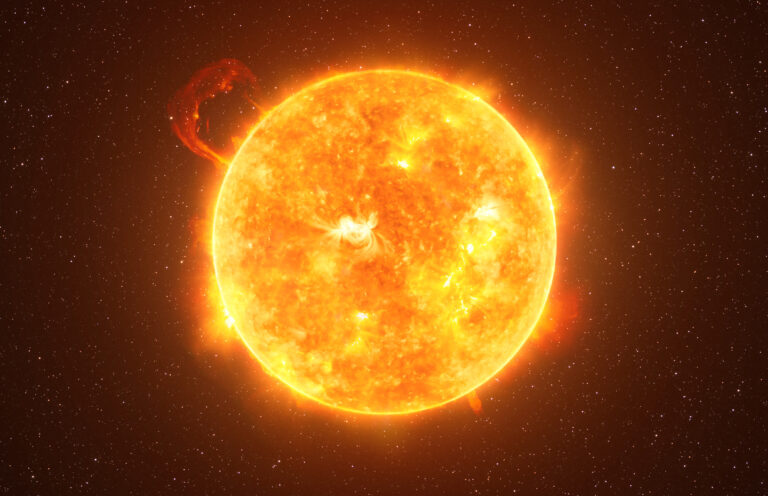The National Center for Atmospheric Research (NCAR) has received funding approval to survey prospective locations for the Coronal Solar Magnetism Observatory (COSMO).
According to NCAR, the new observatory offers the potential to transform our fundamental understanding of magnetic fields in the sun’s atmosphere and how they drive the formation of solar eruptions and other space weather that can affect technologies on Earth.
The National Science Foundation (NSF) has approved US$5.6m in funding for the next stage of the project, which will include searching for a suitable location for the observatory. Ground-based solar telescopes are best placed in areas with stable, largely clear weather – they can’t see through cloud cover – and high elevation, which raises the telescope above the distortions that can be caused by the thicker atmosphere closer to sea level.

The funding will also go to completing the design of the 1.5m Large Coronagraph telescope, which will provide a rare, large-scale view of magnetism in the solar corona, the tenuous extended atmosphere of the sun. This will enable scientists to quantify the energy stored in the looping magnetic fields that emanate from the sun and to study how these fields may change before a solar eruption.
These observations will complement those taken from existing ground- and space-based solar observatories, including NSF’s new Inouye Solar Telescope, which sacrifices its wide view of the sun in favor of unprecedented high resolution of a much smaller area.
“COSMO will provide the big picture on coronal magnetism,” said NCAR scientist Steve Tomczyk, who is leading the project. “The ability to track changes in the magnetic field across the layers of the sun’s atmosphere on global scales will be a powerful tool for identifying and characterizing the sources of potentially damaging space weather and, ultimately, will provide better, more accurate, and more timely forecasts of the risk here on Earth.”
The COSMO Site and Design Advancement (COSADA) is being undertaken by a team of NCAR scientists and engineers, including Tomczyk, Sarah Gibson, Krista Laursen and Scott Sewell, and will be conducted across three years. NCAR developed COSMO in partnership with the University of Michigan, the University of Hawaii, George Mason University, the Smithsonian Astrophysical Observatory, the University of Colorado, and the National Solar Observatory, along with other support in the solar community.
The project was also endorsed as a high priority in the latest Solar and Space Physics Decadal Survey of The National Academies of Sciences, Engineering, and Medicine.



